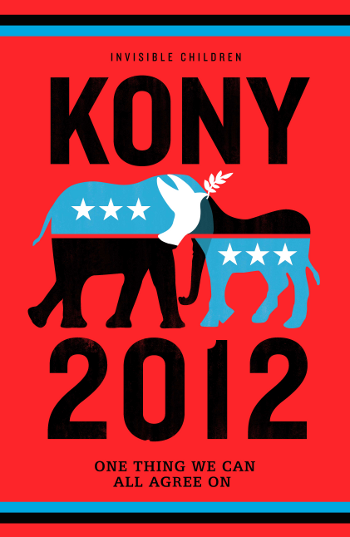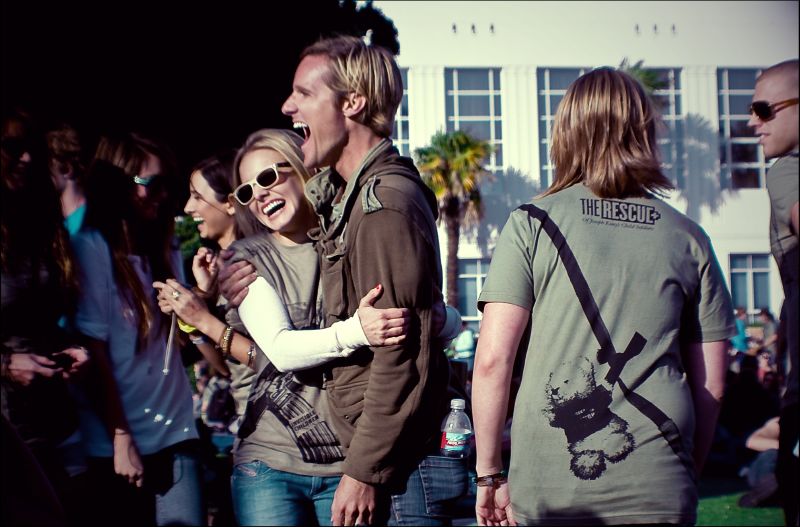
A growing trend of social media activism has arisen over the past few years with the emergence of websites like Twitter and Facebook as powerful means of communication and marketing. However, this shift from actual activism to passive social media activism will have great repercussions in the future if issue awareness replaces civil action.
Invisible Children’s recent viral campaign, KONY 2012, is an excellent example of the faults inherent in the use of Twitter and Facebook to promote social issues.
Jason Russell, the founder of the Invisible Children organization, created the KONY 2012 campaign to spread awareness about the appalling crimes and human rights violations committed by Ugandan warlord Joseph Kony. Invisible Children’s goal was to use the power of social media to make Kony a household name. By all accounts, the organization succeeded in making Kony infamous, through one of the most successful viral marketing campaigns in history.
However, Invisible Children’s campaign and the KONY 2012 video have both been heavily criticized since the viral market thrust the organization into the spotlight, as pundits questioned the data presented in the video as well as Invisible Children’s appropriation and use of the charitable donations it had garnered from the campaign.
The organization responded admirably to the criticism, yet the effects of stress and exposure to incredible amounts of scrutiny proved to be too much for founder Jason Russell, who was recently charged with public indecency. Invisible Children has lost much of its credibility as a result of this action, although it continues to do beneficial charitable work throughout Uganda.
Viral campaigns carry such consequences because of their glaring faults, including the inherent nature of social media sites such as Facebook and Twitter where instant gratification and unabridged opinions are the norm.
Social media culture has ushered in an era in which people can be shamelessly outspoken, since they aren’t held accountable for their actions and opinions. The social media contract is not binding, but rather a loosely held-together set of rules and protocols that can be dismissed at any time because of the detached nature of online interactions.
Sites such as Facebook and Twitter allow people to involve themselves in unengaging interactions where their beliefs can be loosely organized and articulated. The simplicity of Internet communication has made it commonplace to express one’s opinions without fear or self-awareness, both emotions that play a significant role in censoring physical interaction and in controlling the realm of public opinion outside of Internet culture.
The pitfalls of social media activism lies in the “emboldened” actions of those who wish to support a campaign by spreading the word about it, an action that does not necessarily correspond to the logical process of internalizing the message and using it to inspire a response that manifests as substantial action.
Instead of re-tweeting a link to an online organization or sharing a video about human rights violations in order to appease a human guilt complex without the necessary action to justify such appeasement, civil action must be put at the forefront of all social media campaigns.
Social media activism threatens to make an entire generation of people into complacent yet opinionated boasters who massage their own egos by “spreading awareness” rather than actively supporting a cause. Because our culture has slowly transformed to support the habits of the idle, true activism may lose its edge.

